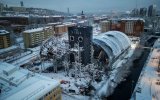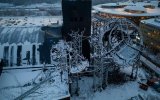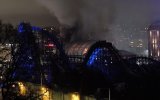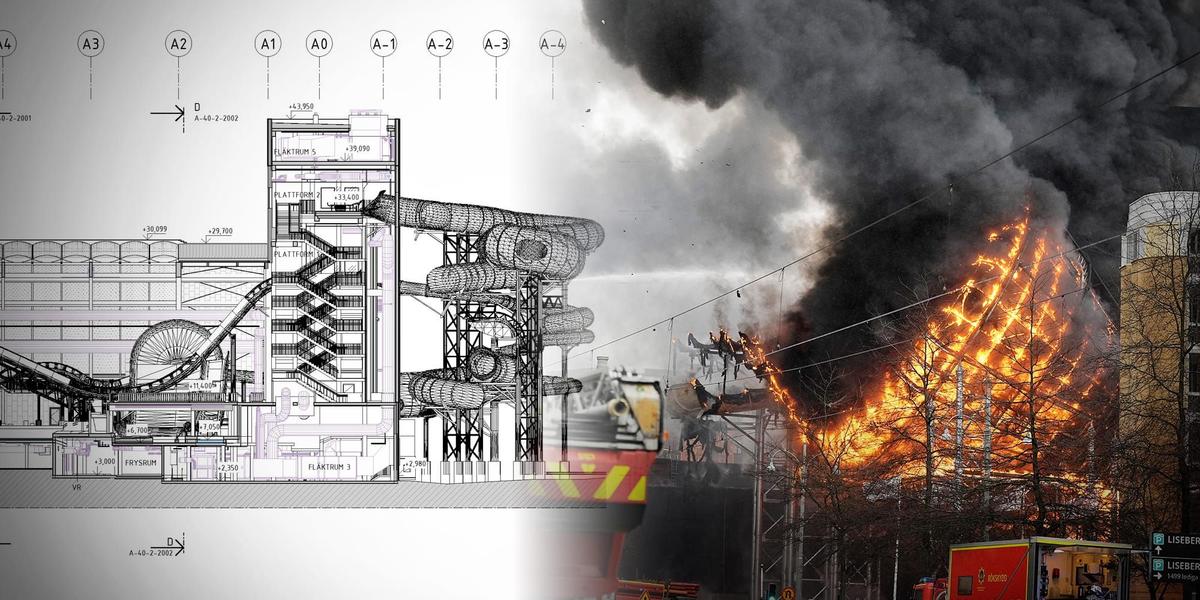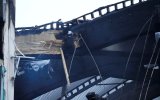GP just published an article including an interview with a fireengineer who worked on the fireplans for Oceana. He says that most of the fire systems were not yet in use, including fire alarms, sprinklers, various barrier techniques, passive fire prevention, etc. He says that this fire could never have happened if the water park was fully finished and in use. It was caught in the unfortunate state of being almost finished with a lot of flammable and dangerous construction activities going on, but without a proper fire system yet activated.
To me this sounds really weird. If the construction stage is more dangerous than the operational phase, then why in the world could it go ahead with a lot less fire equipment than the operational stage?
”En händelse som satt den tekniska lösningen ur spel”

www.gp.se
Mainly as those systems wont have been commissioned as yet.

For instance - if your wiring up the fire alarm system, you can't have the system live as it would be dangerous connecting and running the wiring which are live wires.

A sprinkler system wont be pressurised with water until all parts of the system are in place & the completed system tested - last thing you'd want is to accidentally smash the glass in the sprinkler head while installing a ceiling. and have the entire contents of the system dump itself on the area below.
In the same way when the lifts are installed into a building the lift installers wont commission the lift (IE Certified for use) until the very end of the project as part of the hand over of the building to the Client.
During construction fire prevention protocols are set up: for instance if "Hot Works" are required e.g. using a gas torch to heat the bitumen roofing strips to make them tacky so one strip will fuse with another then Fire Marshals will be posted to keep an eye on the area of works, as there is a possibility of there being a heat build up or something starts to smoulder during the works which is undetected while work goes on, but becomes issue hours later.
For example: there was a massive fire at a Center Parcs in 2002 which was started after workers where repairing the flat roof, and something within the roof build up started to smoulder from the worker's use of a gas torch, it wasn't spotted and by the time the flames where spotted it was too late, and it took 200 fire fighters 4 hrs to put out the blaze.
I know subsequent to the investigation findings Tesco banned the use of bitumen roof products on their buildings, specifying "single ply" projects which are sealed using mechanical fixings, adhesive or using a hot air gun. Thus the fire risk can be either eliminated or massively reduced.
The construction industry remains one of the most dangerous industries remaining, hence why there has been such a massive drive for Health and Safety over the last 40 years. Fires are rare, but do happen unfortunately. An architect's I worked at a few years ago, one of their projects burnt down during construction
https://www.architectsjournal.co.uk/archive/fire-destroys-fairhursts-designed-university-lab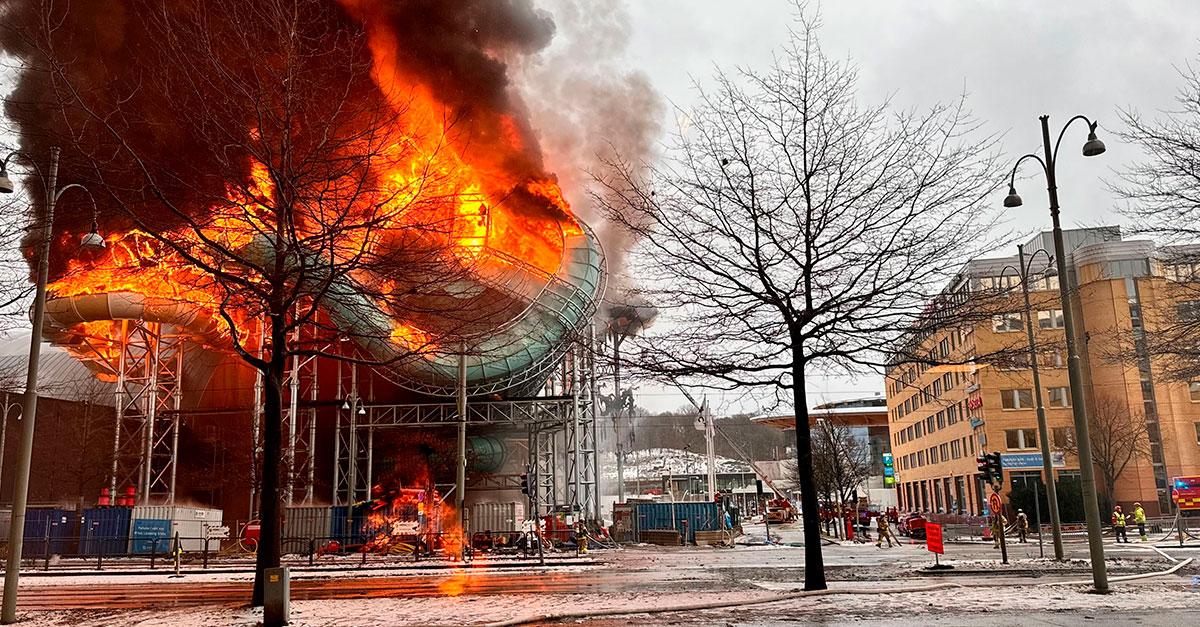
 www.aftonbladet.se
www.aftonbladet.se


